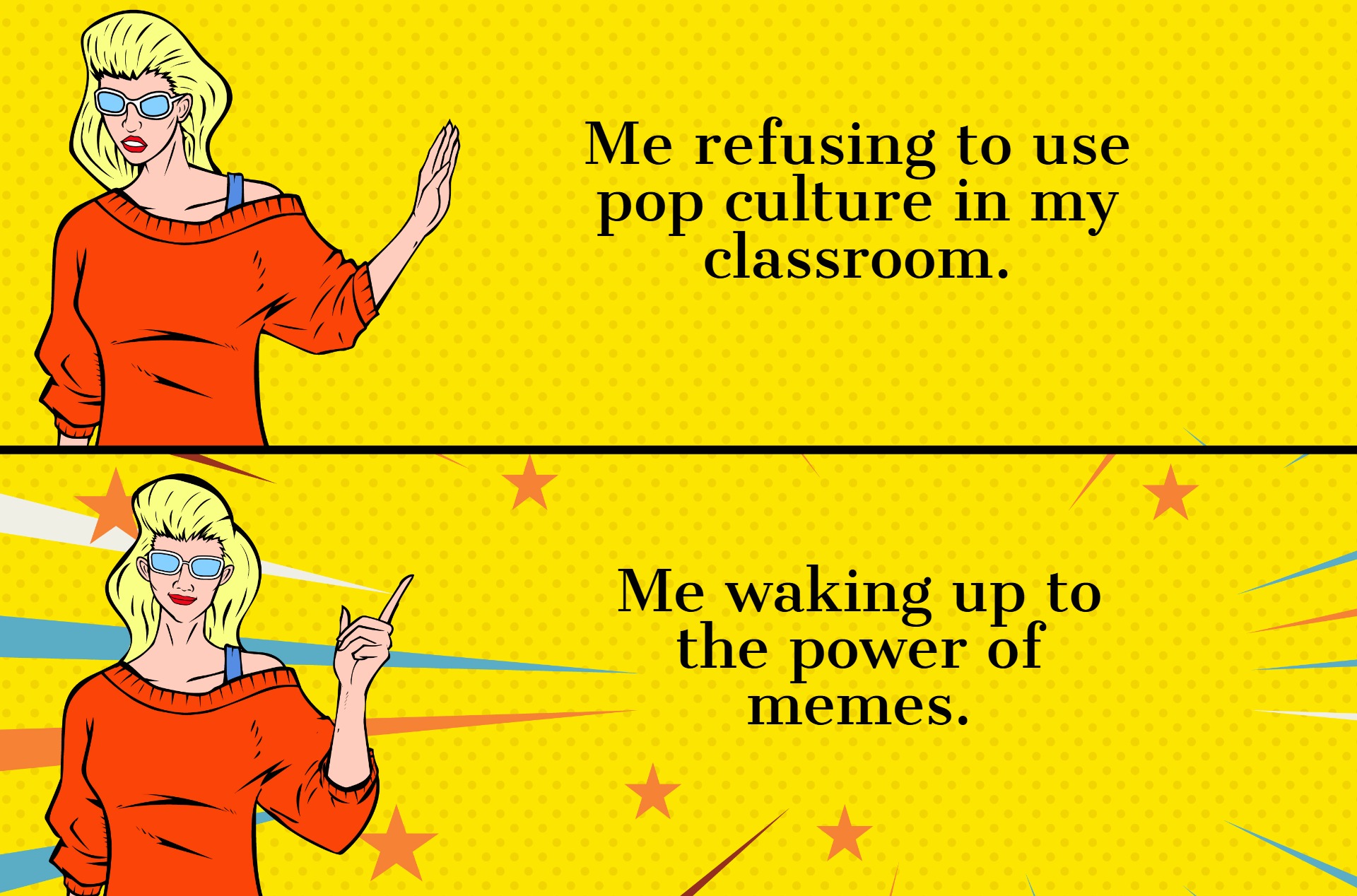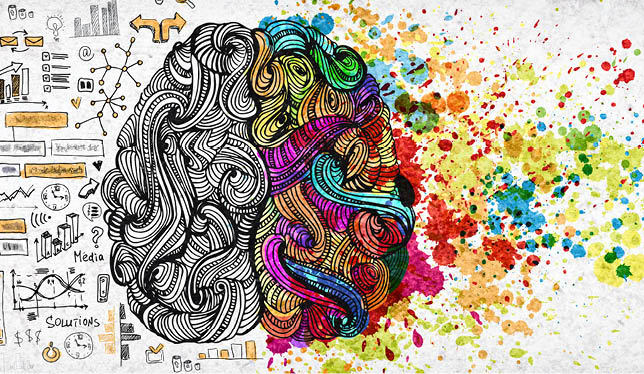Emotional intelligence & the role it plays when making good decisions
By using your emotions like data, grad students and leaders alike will be able to boost productivity, engagement as well as their overall well-being.

Feelings are not facts. They are just feelings. Not good or bad, right or wrong, just an emotional reaction to a person, thing or situation. Learning to be bigger than your emotions is critical for success in school, business and life. Young people (particularly Generation Z) need to learn to be an observer of their emotions and take the emotional charge out of situations.
As a result of the pandemic, Gen Z find themselves isolated, unsure of the future and worried about losing loved ones. With classrooms suddenly shifted online, they are also being forced to develop new cognitive strategies to learn, stay engaged, and retain the information imparted by their instructors as they adapt to their new remote learning environments.
The hidden opportunity that COVID-19 presents
COVID-19 gives students the impetus to be stronger than their feelings. It’s a chance to develop a more positive outlook for the future to persevere through this storm.
Emotional intelligence (EI) is the ability to use the information our emotions provide to act appropriately in the face of daily challenges. It’s using your emotions like data to make good behavioural choices. EI is today’s superpower that students and leaders alike will need to boost productivity, engagement and overall emotional well-being.
Studying from home, students today have to be more proactive with their learning to enhance their problem-solving skills. Learning in isolation layers on added responsibility and inflicts more stress.
Students can use EI to recognize what they are feeling, tap into what’s behind those emotions, and acknowledge how their feelings impact their behaviours. As they get better at recognizing and understanding their emotions, they gain the power to control them instead of being controlled by them.
It is easy to get distracted during remote classes, especially when cameras are off and the lure of social media is just a click away. It is important to encourage students to voice their concerns and speak up when they need assistance. If they feel unengaged in class, they should share their feedback with their instructors to help improve their learning experience instead of staying silent and having the problem repeat itself.
Education is not a one-way street
Similar to how students need to tune into their emotional intelligence, the same applies for their instructors. As we start a new school term, instructors must realize our remote-adapted exercises and online tests are putting a tremendous amount of stress on students. While we need to teach our students the curriculum, we also need to teach students to have confidence in and rely on themselves to manage their stress, make sound decisions and focus on their emotional health.
Education is not a one-way street; both students and instructors need to be mutually empathetic to optimize their learning experience. Empathy is about being “tuned in” to how others feel and caring about others’ thoughts and feelings as much as you do your own. It is crucial in building strong interpersonal relationships. Theodore Roosevelt said it best, “no one cares about how much you know, until they know how much you care.”
As professors, we must consider the trials and tribulations that students may be dealing with. They are learning from make-shift classroom spaces in their homes, where noise levels may be out of their control, without proper workstations, and their internet may be spotty. These are far from ideal learning conditions.
Students need to remember that their instructors also expected to be face-to-face. Professors are also forced to work at home. They are balancing running their classes with kids barging into their offices, pets barking in the background, all while dealing with the additional personal stress of a global pandemic, like health concerns for their elderly parents. Prepared or not, many working or learning from home have had to make some significant adjustments to the change in work and study patterns, so we need to show patience and empathy as all of us work through the emotional transitions any change brings.
Under times of stress, many people are likely to adopt a less empathic approach, possibly making decisions without considering others’ needs. COVID-19 provides an opportunity to narrow this empathy gap and leverage all of our emotional intelligence skills.
Carolyn Stern is a professor in the School of Business at Capilano University. An emotional intelligence and leadership development expert, Ms. Stern combines real-world experience as both a business leader with more than two decades as a trainer and educator.
Featured Jobs
- Canada Excellence Research Chair in Computational Social Science, AI, and Democracy (Associate or Full Professor)McGill University
- Psychology - Assistant Professor (Speech-Language Pathology)University of Victoria
- Veterinary Medicine - Faculty Position (Large Animal Internal Medicine) University of Saskatchewan
- Business – Lecturer or Assistant Professor, 2-year term (Strategic Management) McMaster University















Post a comment
University Affairs moderates all comments according to the following guidelines. If approved, comments generally appear within one business day. We may republish particularly insightful remarks in our print edition or elsewhere.
1 Comments
Great article Carolyn!!!